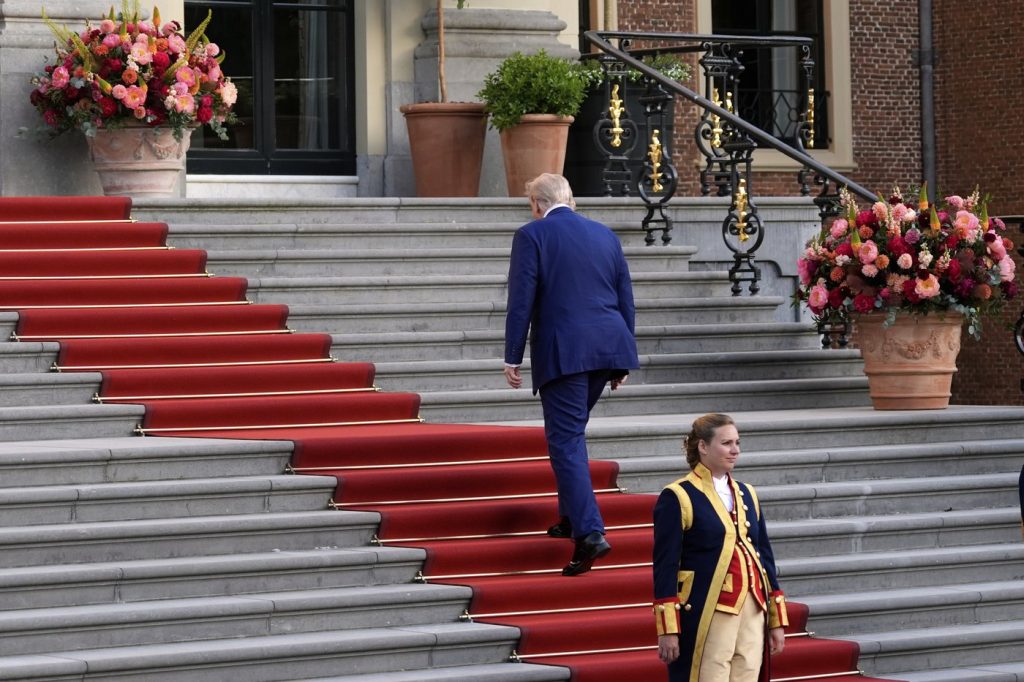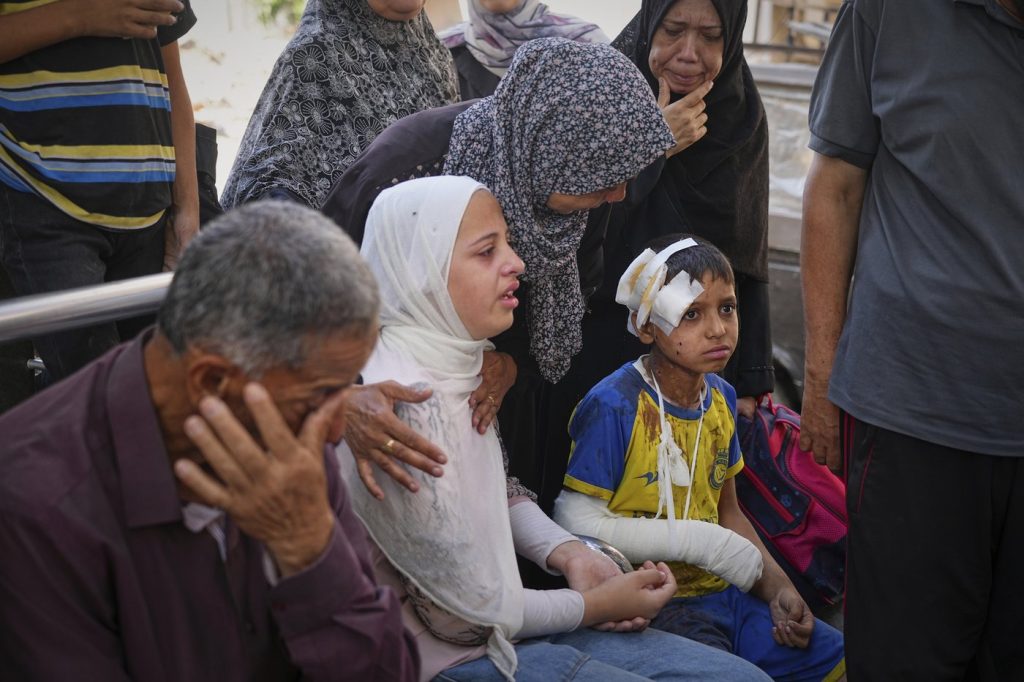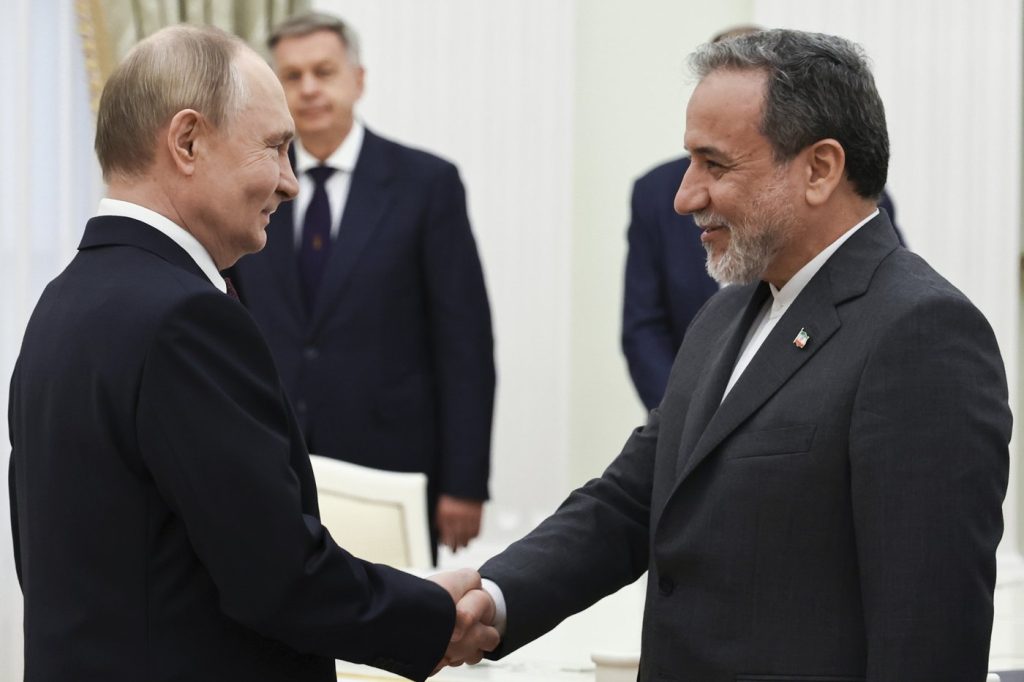The Hague, Netherlands – NATO Secretary-General Mark Rutte commended former President Donald Trump for significantly influencing European defense spending as leaders convened in The Hague for a critical summit. This meeting is expected to either foster unity around a new defense spending commitment or exacerbate existing divides within the 32-nation alliance.
While traveling to the summit, Trump shared a message from Rutte, expressing gratitude for his role in prompting a pivotal moment for transatlantic relations. Rutte's message lauded the former president for pushing Europe to pay its fair share in defense spending, suggesting that this change would be a notable achievement for Trump—something that no recent American president had managed to accomplish.
Rutte, unfazed by Trump making the private conversation public, stated that there was nothing in the message that warranted secrecy. As Trump arrived in The Hague, questions loomed over the United States’ commitment to NATO's mutual defense treaty, particularly regarding Article 5, which states that an attack on one member is an attack on all. Rutte reassured that he remains confident in the Article 5 guarantee.
During the summit, NATO allies are anticipated to agree on a goal of allocating 5% of their gross domestic product (GDP) towards security. This commitment aims to position the alliance for robust defense against external threats, although Trump has contended that the burden should not primarily fall on the U.S. countries like Spain have already voiced that the 5% target is unrealistic, with Slovakia reserving the right to determine its method for meeting NATO's new deadline of 2035.
Trump commented on Spain's reluctance, describing it as unfair to other member states. This marks a distinct change from the 2018 NATO summit, which witnessed significant tension over defense expenditures during Trump’s first term.
Ahead of the summit discussions, major European nations including Britain, France, and Germany have expressed their commitment to meeting the proposed 5% spending target, and the Netherlands has also shown its agreement. Countries bordering Ukraine and Russia have previously committed to this goal amidst rising security concerns.
While the focus of Trump's summit appearance was intended to showcase his success in obtaining commitments from NATO allies regarding military spending, international tensions have shifted attention toward recent actions involving Iran. Trump's decision to target Iranian nuclear facilities, which he claims undermined Tehran's nuclear ambitions, and his announcement of a ceasefire between Israel and Iran have dominated headlines, drawing attention away from the immediate NATO agenda.
The ongoing war in Ukraine, which has persisted for four years, remains a significant concern. Rutte emphasized that NATO has the capacity to manage multiple conflicts simultaneously, underscoring the importance of addressing both the Middle Eastern situation and the war in Ukraine.
Ukrainian President Volodymyr Zelenskyy attended the summit despite not participating in the leaders' meeting designated for finalizing the military spending agreement. The dynamics of Ukraine's NATO membership, which had been a central topic in previous gatherings, seem to have shifted under Trump's administration. In a separate meeting, Dutch Prime Minister Dick Schoof engaged with Zelenskyy, noting the strategic importance of Ukraine in light of European security and offering a new support package for Kyiv.
As discussions unfolded, Zelenskyy called for increased European investment in Ukraine's defense capabilities, highlighting the necessity of bolstering support against Russian aggression. The newly introduced target of 5% GDP for defense spending was acknowledged by Zelenskyy as being appropriate for future security preparations.












